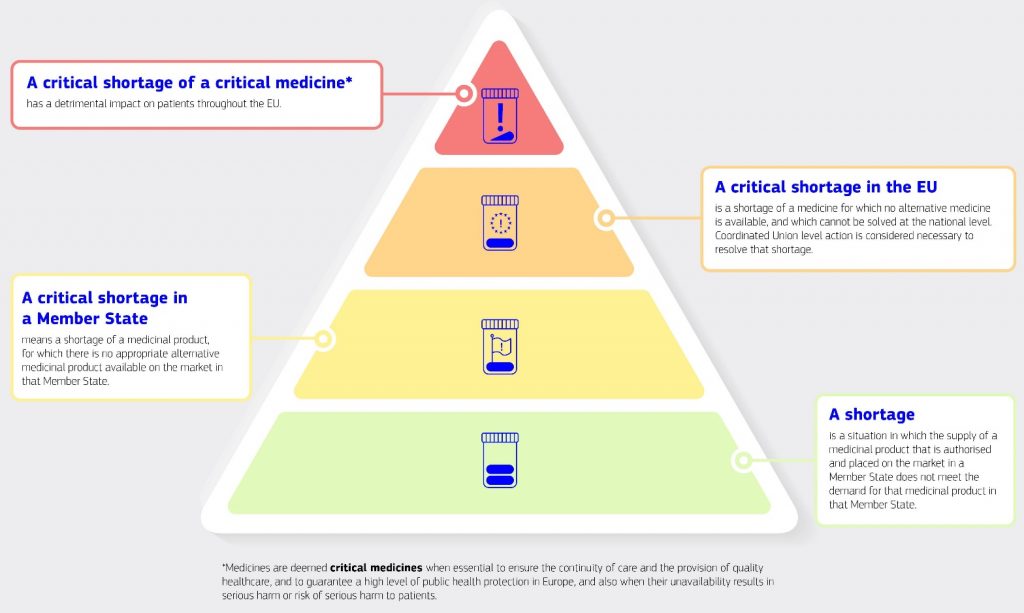
Why a Lack of Purpose Constitutes a Critical Detriment for Business
In an era where unparalleled changes are the norm in the business world, the concept of organizational purpose has never been more paramount.
The stark reality, however, is that a disconcertingly small number of companies have successfully articulated a clear and compelling purpose. This void not only diminishes their potential for profound impact but also hints at a broader dilemma facing the corporate landscape.
At its core, a company’s purpose transcends the mere pursuit of profits; it is the bedrock upon which its values, culture, and strategic vision are built. It serves as a north star, guiding decision-making, inspiring employees, and forging deeper connections with customers. Despite its critical importance, the rarity of companies with a well-defined purpose is not just unfortunate—it’s bad news for businesses, their stakeholders, and society at large.
i. The Importance of Purpose

o Employee Engagement: Purpose fuels employee motivation and fosters a sense of shared responsibility. Employees who believe their work contributes to something larger than themselves are more likely to be engaged and productive.
o Customer Connection: Customers are increasingly drawn to brands that align with their values. A clear purpose can help companies build stronger relationships with customers who resonate with their mission.
o Strategic Direction: A well-defined purpose provides a guiding light for decision-making, helping companies prioritize initiatives and navigate challenges.
ii. An in-depth look at why the absence of a clear purpose is bad news for companies

A. Eroding Employee Engagement and Talent Retention
the absence of a clear purpose leads to a lack of direction and motivation among employees. In today’s dynamic workforce, especially with the growing influence of millennials and Gen Z who value meaningful work, employees are increasingly seeking more than just a paycheck. They want to be part of something bigger, to contribute to a mission that resonates with their personal values. Without a compelling purpose, organizations risk facing high turnover rates, diminished morale, and a workforce that’s disconnected from the company’s goals.
B. What is Your North Star?

From a strategic standpoint, companies without a clear purpose are at a significant disadvantage. Purpose acts as a strategic anchor, ensuring that the organization remains focused on what it does best and how it can contribute to the world. It informs decision-making, prioritizes resources, and enables companies to navigate through turbulent times by staying true to their core identity. In its absence, companies may find themselves adrift, vulnerable to the whims of the market, and unable to make coherent strategic choices.
C. Lack of Differentiation in a Crowded Market
In markets flooded with similar products and services, a clear purpose can be the differentiator that sets a company apart from its competitors. It helps customers understand not just what you sell, but why you sell it. This emotional connection can turn customers into loyal advocates, driving repeat business and word-of-mouth referrals. Without it, companies risk being seen as just another option among many, making it harder to attract and retain customers.
D. Missed Opportunities for Innovation

A well-defined purpose acts as a north star for innovation, guiding the development of new products, services, and business models aligned with the company’s core mission. This ensures that innovation efforts are not just novel, but meaningful and directed towards long-term goals. Companies lacking this compass may find themselves chasing after trends or innovations that don’t resonate with their audience or contribute to sustainable growth.
E. Difficulty in Attracting Investment
Investors are increasingly looking beyond financials to assess a company’s long-term viability. Environmental, Social, and Governance (ESG) criteria are becoming crucial in investment decisions, and a company’s purpose is often seen as a key indicator of its commitment to these principles. Companies without a clear purpose might struggle to attract investment, especially from socially responsible funds and investors looking for businesses that contribute to a positive societal impact.
F. Weakened Resilience During Challenges

A clear purpose provides a guiding light during turbulent times, helping companies navigate crises with integrity and emerge stronger. It ensures decisions are not just reactive but are made in alignment with long-term vision and values. In contrast, companies without this clarity may make inconsistent or short-sighted decisions that damage their reputation, customer trust, and operational sustainability.
G. Societal Impact or Lack of
The societal impact of businesses operating without a clear purpose cannot be understated. Companies play a pivotal role in addressing some of the world’s most pressing challenges, from climate change to inequality. Those that operate with a well-defined purpose are better equipped to contribute positively to society, leveraging their resources, innovation, and reach for the greater good. Absent this purpose, businesses risk perpetuating a status quo that’s increasingly at odds with the societal and environmental needs of our time.
iii. Conclusion

The absence of a clear and compelling purpose in a company is not a minor issue—it’s a critical vulnerability. It weakens employee morale, diminishes customer loyalty, stifles innovation, complicates investment opportunities, and reduces resilience. In contrast, a strong, clear purpose empowers organizations to attract and retain talent, differentiate themselves in the market, drive sustainable innovation, secure investment, and navigate challenges with resilience.
As such, the development and communication of a clear purpose should be a top priority for any business aiming for long-term success and societal impact. In the end, companies must ask themselves not just what they do, but why they do it—and the answer to this question might just be the key to unlocking their full potential.
iv. Further references
What are the 5 Factors that Determine the Viability of a …LinkedIn · Tristan Wright5 reactions
Strategic decision making | FactsheetsInstitute of Directorshttps://www.iod.com › Resources
Product Management: It’s a System for Business Success, not …Medium · Saeed Khan210+ likes
Ethics at work: An employer’s guideCIPDhttps://www.cipd.org › Knowledge hub › Guides
